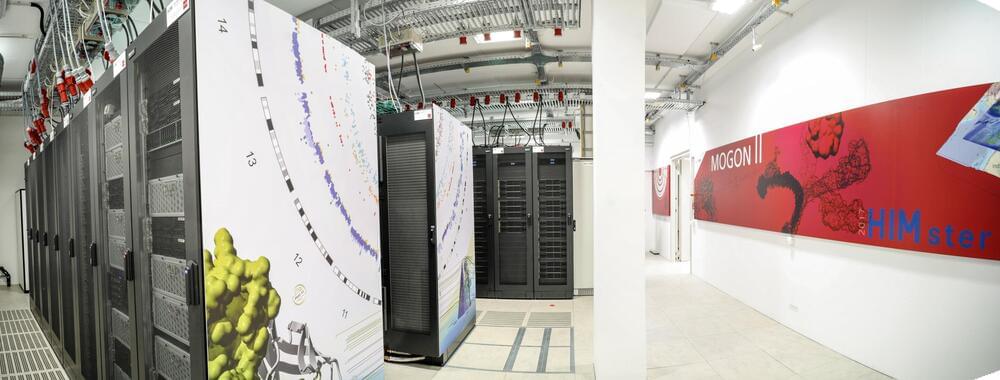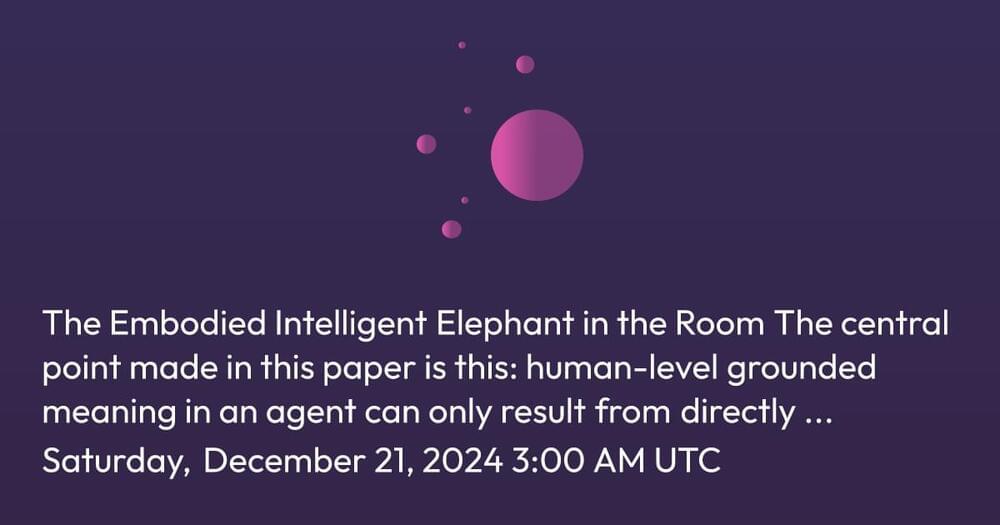The magnetic moment of the muon is an important precision parameter for putting the Standard Model of particle physics to the test. After years of work, the research group led by Professor Hartmut Wittig of the PRISMA+ Cluster of Excellence at Johannes Gutenberg University Mainz (JGU) has calculated this quantity using the so-called lattice quantum chromodynamics method (lattice QCD method).
Their result agrees with the latest experimental measurements, in contrast to earlier theoretical calculations.
After the experimental measurements had been pushed to ever higher precision in recent years, attention had increasingly turned to the theoretical prediction and the central question of whether it deviates significantly from the experimental results and thus provides evidence for the existence of new physics beyond the Standard Model.







